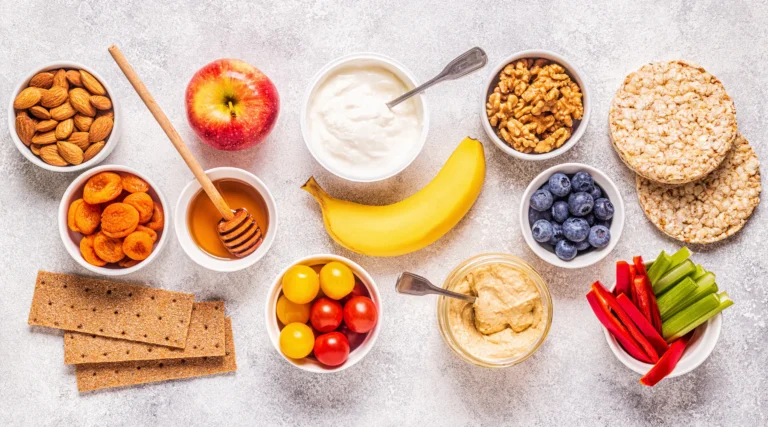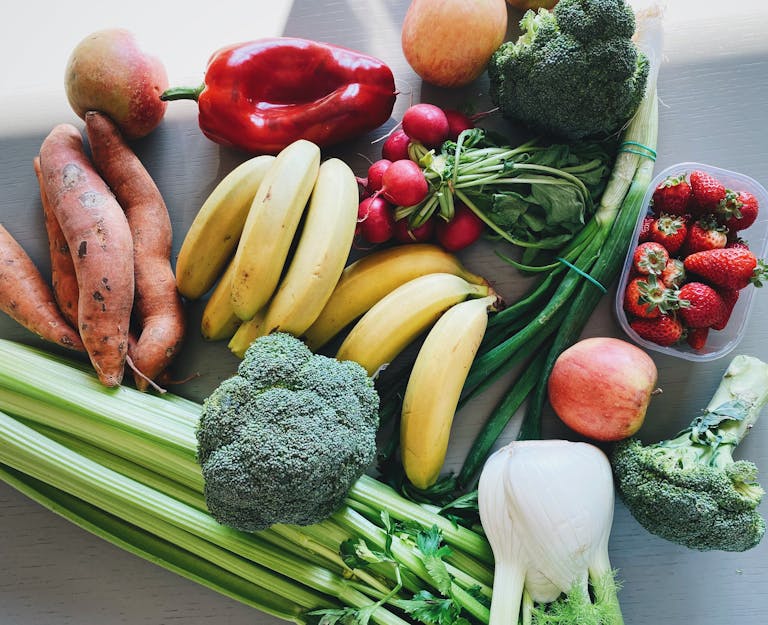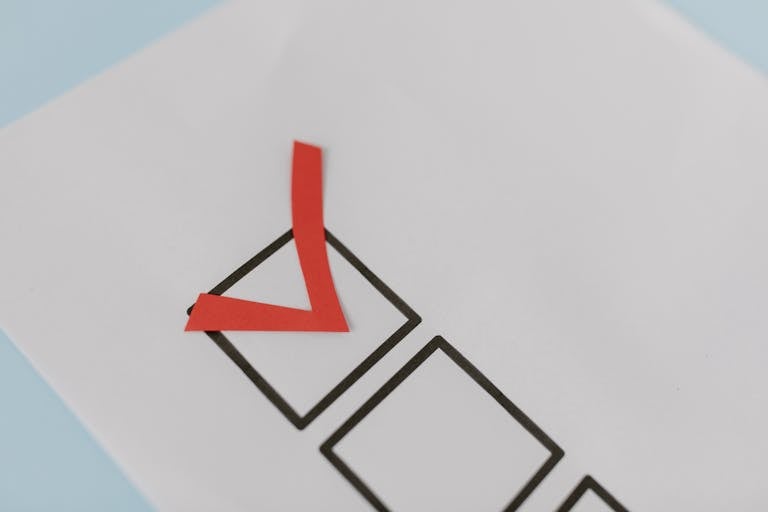
Menopause challenges might have you reaching for the bottle, but watch out because alcohol can pack a bigger punch now.
It’s a tough truth: The same glass (or two) of wine that used to feel just right might now leave you feeling unusually tipsy, or worse, stuck with a next-day hangover that reminds you of your college days. What’s going on? Menopause changes everything, including how your body processes alcohol.
In this post, we’ll uncover why alcohol affects you differently during menopause, how it impacts your body from head to toe, and why even a brief break can bring surprising benefits. You’ll also find practical tips to help you navigate your relationship with alcohol in a way that feels right for you.
Why Alcohol Hits Differently Now
Menopause shifts how your body processes alcohol. As estrogen levels drop, your tolerance and ability to metabolize alcohol decrease. Aging itself reduces your body’s water content, making alcohol more concentrated in your bloodstream. Add to that the fact that women generally have lower levels of alcohol-metabolizing enzymes than men, and it’s no wonder a couple of drinks might hit you harder now than they used to.
More Than Just a Hangover
While you might expect the occasional headache or sluggishness, alcohol can amplify menopause symptoms. Hot flashes, disrupted sleep, and heightened anxiety are all more likely when alcohol is in the mix. And for some women, alcohol becomes a way to cope with stress, potentially leading to a cycle that’s hard to break.
Beyond these immediate effects, alcohol impacts nearly every part of your body. Here’s what you should know:
- Brain: Alcohol may increase the risk of cognitive decline and neurodegeneration.
- Cancer: Alcohol use is linked to breast and digestive cancers (e.g., esophageal cancers, gastric cancers, colorectal cancers).
- Hormones: Alcohol disrupts hormonal balance, potentially worsening menopause symptoms like mood swings and hot flashes.
- Bones: Alcohol decreases bone density, increasing risk of fractures, which is especially concerning for women at higher risk of osteoporosis.
- Sleep: Alcohol fragments your sleep, suppressing REM cycles and leaving you tired despite hours in bed.
- Liver: Liver damage and disease progress more quickly in women than in men.
- Skin and Hydration: Alcohol dehydrates your body, leading to dry, dull skin and bloating.
- Exercise Recovery: Alcohol affects your energy levels, leaving you with less stamina for your next workout, and slows muscle recovery.
While no one’s suggesting you need to give up alcohol entirely, understanding its far-reaching effects can help you make informed decisions that align with your health goals.
What Happens When You Take a Three-Week Break from Alcohol?
Sometimes, the best way to understand alcohol’s role in your life is to put the bottle down—even briefly. Here’s what you might experience if you go alcohol-free for just three weeks:
Week One:
Almost immediately, you’ll notice the short-term effects of abstaining from alcohol. Say goodbye to hangover headaches, nausea, and fatigue. As your hydration improves, you’ll feel less tired and more focused. Your sleep quality will also improve, as alcohol disrupts restorative REM cycles. Better sleep brings sharper mental clarity, an improved mood, and opens the door to making healthier food choices. Many women also notice fewer night sweats and hot flashes during this time, offering additional relief.
Week Two:
By now, the benefits start to build. You may notice some weight loss, thanks to fewer empty calories and improved metabolism. Alcohol slows fat burning and can increase fat production in the liver—without it, your body begins to balance out. Additionally, your skin will look and feel more hydrated and radiant as alcohol’s dehydrating effects subside.
Week Three:
By the third week, your body is on the path to deeper healing. Your liver, gut, and nervous system all benefit from the break, leading to better nutrient absorption, reduced inflammation, and improved overall vitality. You’ll also feel a significant mood boost as better sleep and reduced alcohol-induced anxiety work together. And let’s not forget—your wallet might thank you, too, as cutting out alcohol saves money that could go toward longer-lasting investments in your happiness.
A short break can serve as a reset, helping you reflect on your relationship with alcohol and how it aligns with your overall well-being.
Navigating Alcohol with Care
Whether you want to drink less or simply minimize alcohol’s impact, here are some approachable ways to tweak your habits:
1. Experiment with Types of Alcohol
Notice how different drinks affect you. Red wine might trigger hot flashes, while beer could cause bloating. Find what works best for your body.
2. Mind Your Timing
Try drinking earlier in the evening to allow your body more time to metabolize alcohol before bedtime. Spacing out drinks also reduces strain on your system.
3. Pair Alcohol with Food and Water
Eating before or while drinking slows alcohol absorption, and staying hydrated helps prevent dehydration and headaches. Alternate each alcoholic drink with water.
4. Try Alcohol-Free Alternatives
Today’s alcohol-free wines, beers, and mocktails are delicious and let you enjoy the ritual of drinking without the downsides.
5. Set Intentional Limits
Decide ahead of time how many drinks you’ll have and stick to your plan. This can help you maintain control without feeling deprived. Remember, moderation is key! For women, moderate drinking is defined as up to 7 drinks per week, with one drink equaling:
- 5 ounces of wine
- 12 ounces of beer
- 1.5 ounces of distilled spirits
Craft cocktails and higher-alcohol drinks can quickly push you over these limits, so awareness is crucial. Remember, the goal isn’t perfection—it’s making choices that help you feel your best.
Final Thoughts
Alcohol doesn’t have to be an all-or-nothing choice. Whether you decide to cut back, take a break, or continue drinking in moderation, small, thoughtful changes can make a big difference. Menopause is a time of transformation, and tuning in to what your body needs is one of the best ways to navigate this stage with confidence and care.
Empower yourself with knowledge, take charge of your habits, and embrace a lifestyle that supports your health and happiness.
Ready to Reclaim Your Health Through Personalized Nutrition?
You don’t have to navigate perimenopause and menopause alone. By working with Daria, you’ll gain the tools and confidence to cut through the confusion, manage your symptoms, optimize your health, and build sustainable habits for a longer, healthier life. Explore services or book your free discovery call now:



